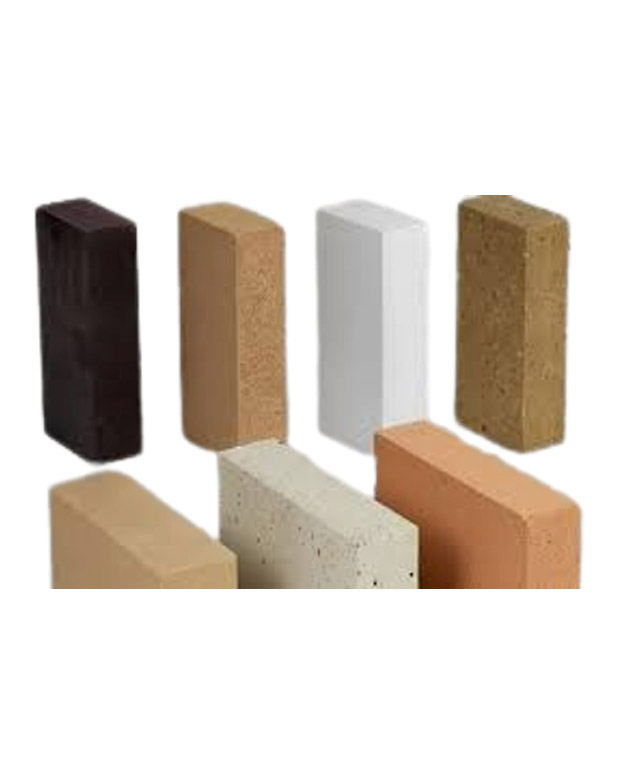
Acid-proof bricks and chemicals
Acid-proof bricks and chemicals are specialized materials designed to withstand the corrosive effects of acidic substances, making them essential in various industries where chemical exposure is a concern. They are primarily used in areas such as chemical plants, laboratories, wastewater treatment facilities, and other environments where strong acids or corrosive materials are present.
Composition and Properties:
1. Material:Acid-proof bricks are typically made from high-quality silica, alumina, or other ceramic materials that exhibit excellent resistance to acids.
2. Durability: These bricks are designed to withstand harsh chemical environments without deteriorating, providing long-lasting performance. 3. High Density Acid-proof bricks have a dense structure that minimizes porosity, reducing the likelihood of chemical absorption and degradation.
4. Thermal Stability Many acid-proof bricks can withstand high temperatures, making them suitable for use in processes involving heat.
Types of Acid-Proof Bricks:
1. Silica Bricks: Made from high silica content, these bricks offer excellent resistance to acidic environments and are often used in the lining of furnaces and reactors. 2. Alumina Bricks: High-alumina bricks provide superior strength and corrosion resistance, suitable for extreme conditions.3. Fired Clay Bricks: While not as chemically resistant as silica or alumina bricks, certain fired clay bricks can offer moderate resistance to acid environments.
Applications:
1. Chemical Processing:Used in reactors, storage tanks, and pipelines where acidic chemicals are processed or stored.2. Wastewater Treatment: Applied in facilities handling acidic effluents, providing durable linings for treatment tanks and channels.
3. Laboratories: Utilized in lab environments for flooring and walls to protect against spills and chemical exposure.
4. Pharmaceuticals: Employed in production areas where acid-resistant surfaces are necessary to ensure product integrity and safety.
Acid-Proof Chemicals:
1. Acid-Resistant Coatings:• Epoxy Coatings: These coatings are applied to surfaces to protect against acid corrosion, providing a durable barrier that can withstand chemical spills and exposure.
• Polyurethane Coatings: These are flexible coatings that offer excellent resistance to acidic environments while providing good abrasion resistance.
2. Acid-Proof Sealants:
Used to seal joints and cracks in acid-exposed structures, preventing chemical ingress and damage. They are designed to withstand corrosive environments while maintaining adhesion and flexibility.
3. Acid Neutralizers:
• Chemicals used to neutralize acidic spills and leaks, preventing corrosion and damage to structures. These include sodium bicarbonate or calcium carbonate, which can be applied to neutralize acids in emergency situations.
4. Acid-Resistant Mortars:Specialized mortars designed to bond acid-proof bricks and other materials in corrosive environments. They are formulated to withstand high levels of acidity while providing strong adhesion.
Benefits of Acid-Proof Bricks and Chemicals:
1. Corrosion Resistance:: Both acid-proof bricks and chemicals provide excellent resistance to acid attacks, ensuring the longevity of structures in corrosive environments.2. Durability: Their ability to withstand harsh conditions reduces maintenance and replacement costs over time.
3. Safety: Properly designed acid-proof systems help prevent leaks and spills, enhancing workplace safety in chemical handling areas.
4. Versatility: Acid-proof materials can be tailored for various applications, from chemical processing to wastewater treatment, meeting specific industry requirements.